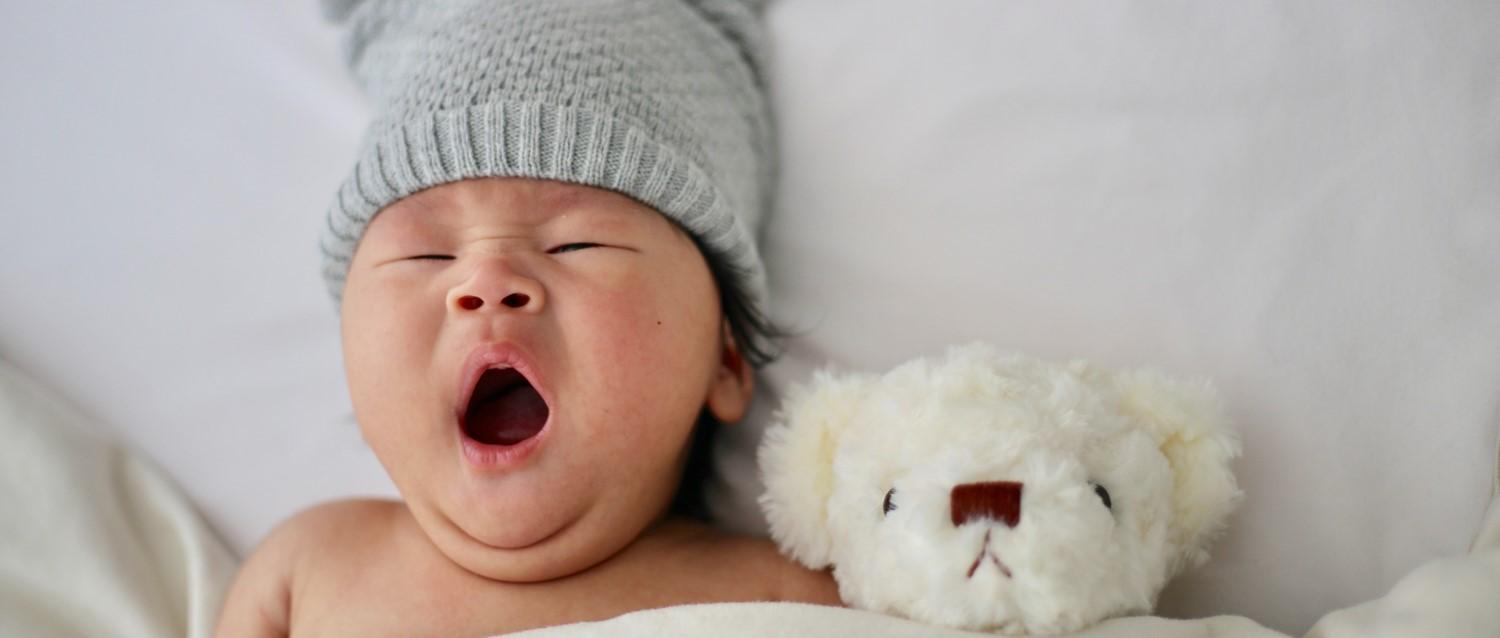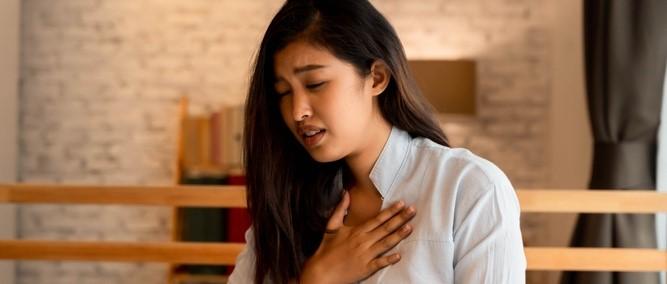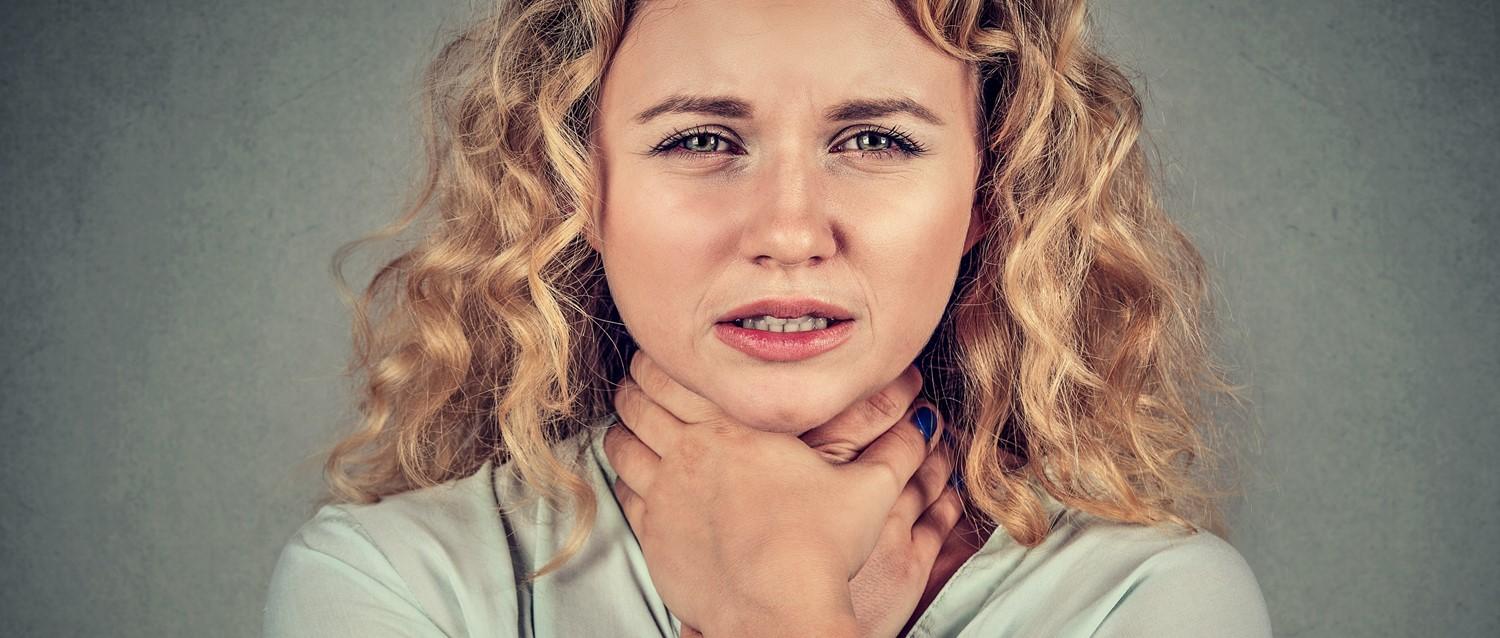
How to protect your baby against allergies
Peer reviewed by Dr Krishna Vakharia, MRCGPLast updated by Emily Jane BashforthLast updated 25 Jun 2022
Meets Patient’s editorial guidelines
- DownloadDownload
- Share
- Language
- Discussion
Allergies can be really distressing for any child but particularly for babies. This is because they don't understand what is happening to them and therefore become distressed. This can be upsetting to watch as a parent. Fortunately, there are things you can do to protect your baby against allergies and ease their symptoms.
In this article:
Allergies are said to be the most common type of chronic disease in Europe. Studies show that the number of people living with allergies in the UK is rising by 5% every year.
Continue reading below
How common are allergies in children?
Overall, around 1 in 40 children in the UK are thought to suffer from some type of serious allergy. The most common allergies include:
Food allergy.
Pollen.
Dust-mite.
Insect bites and stings.
It can sometimes be quite difficult to work out what your baby may be allergic to. For example, you might wonder if one of your baby's allergies is to pollen, especially if they develop symptoms as hay fever season strikes. But this isn't necessarily the case.
Very small babies are unlikely to have spent much time outdoors and have had little exposure to pollen. They are more likely to have been exposed to other allergens indoors. These can include house dust mites, animal dander, and mould, all of which can also cause allergy symptoms such as AR and develop at any time of year.
Can you reduce your baby's chances of developing allergies?
Allergies - such as hay fever - and respiratory conditions - such as asthma - often run in families. Therefore, if one or more of a baby's parents has a pollen allergy or another allergic disease, their baby is more likely to develop these conditions too.
Fortunately, there are measures you can implement to slow the development of these conditions or even reduce their chances of them developing.
Continue reading below
What should I do if my baby shows allergy symptoms?
If you are concerned about your baby's symptoms and suspect they may have allergies, you can consult your GP. However, as it can be difficult to determine their root cause, you may be referred for specialist advice from a paediatrician or an allergy specialist.
If your baby shows signs of a severe allergic reaction, such as wheezing, trouble breathing or loss of consciousness, you should treat this as a medical emergency and contact 999 immediately.
How can I treat my baby's allergies?
If you suspect your baby has an allergy you should try to prevent any further exposure to the source. If the allergy is food or drink related this would mean choosing alternative ingredients.
Once an allergy is confirmed, your GP or allergy specialist will be able to prescribe the best form of treatment for your child. Mild allergies can usually be treated at home; however, more severe allergies may require medication to be prescribed. For babies and young children this can include antihistamines, steroids, or adrenaline auto-injectors (AAIs) - sometimes known as EpiPens.
Continue reading below
Protecting your baby against allergies
It's important you take specific measures to prevent allergy triggers from irritating your baby's airwaves and causing them distress.
Dr Deborah Lee of Dr Fox Online Pharmacy explains the easiest ways to keep your baby safe against house dust, animals, and mould:
How to protect your baby against house dust
Use anti-allergy bedding.
Dust regularly by using a damp cloth.
Wash floors regularly and, if you can, avoid having carpets in your house.
Declutter - dust will settle on objects that are left out in the open.
How to protect your baby against animal dander
Ideally, avoid pets that have animal dander such as dogs, cats, rabbits and guinea pigs.
If you do have pets, keep them out of the baby's room and off the beds and furniture.
Wash the pet once a week to minimise animal dander.
How to protect your baby against mould
Prevent dampness in your home and use a dehumidifier if needed.
Ensure adequate ventilation.
Dry your washing in an airing cupboard or tumble drier that is not near your baby.
If you are concerned about your baby's allergy symptoms, or if you suspect that their symptoms have worsened you should consult with your baby's GP or allergy specialist.
Patient picks for Allergies

Allergies, blood and immune system
When to worry about an allergic reaction
Allergies are complicated. They happen when your immune system, which usually helps your body fight off infection and other intruders, over-reacts. They're also very common - affecting around one quarter of people in the UK at some point. About half of people with allergies are children but you can develop an allergy at any age. While many are mild - an itchy nose from mild hay fever is one of the commonest - others can be life-threatening. So how do you know the difference?
by Dr Sarah Jarvis MBE, FRCGP

Allergies, blood and immune system
Anaphylactic shock: symptoms, triggers, and what to do
Up to 1 in 5 allergic people live in fear of death from a possible anaphylactic shock - a severe and often sudden allergic reaction that requires emergency medical attention. Thankfully, fatalities are rare, but if you or a loved one has a severe allergy, it's important to know the warning signs and what to do.
by Amberley Davis
Continue reading below
Article history
The information on this page is peer reviewed by qualified clinicians.
25 Jun 2022 | Latest version
25 Jun 2022 | Originally published

Ask, share, connect.
Browse discussions, ask questions, and share experiences across hundreds of health topics.

Feeling unwell?
Assess your symptoms online for free
Sign up to the Patient newsletter
Your weekly dose of clear, trustworthy health advice - written to help you feel informed, confident and in control.
By subscribing you accept our Privacy Policy. You can unsubscribe at any time. We never sell your data.